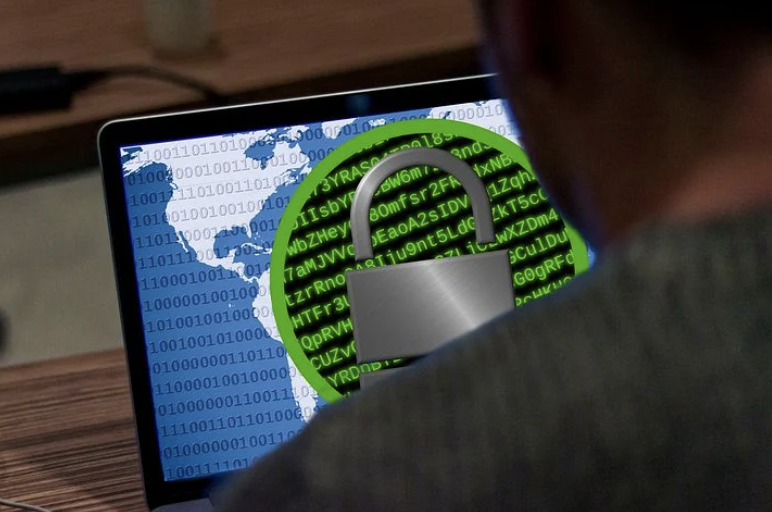You may have read about doxxing back in 2013, when it happened to big names like Beyonce, Lady Gaga, Sarah Palin and Britney Spears. Heck, even the LAPD Police Chief was targeted.
Doxxing is when someone’s private or identifying information is published publicly, with malicious intent.
Now hackers are using doxxing in conjunction with ransomware — a type of malicious software designed to block computer access until a sum of money has been paid. The consequences are even more costly for victims. Along with locking up computers, hackers threaten to release whatever data they’ve encrypted to the public if someone refuses to pay the ransom and opts to restore the system from backups.
For those in the healthcare sphere — one industry that’s being targeted with ransomware more often lately — this is particularly troubling. That’s because generally ransomware doesn’t constitute a data breach since it’s just private files that have been encrypted and then restored, so the companies haven’t had to disclose and notify the public like they would in a normal data breach. Instead they’ve simply restored their data using backups or they’ve paid the ransom and gotten access to their files back. But once doxxing is part of the equation, the price tag jumps even further.
“For healthcare providers, adding doxxing to the extortion equation transforms ransomware from a critical service issue to a costly matter of HIPAA notification compliance and a case of public data breach, raising the stakes considerably. Organizations are required to report this kind of exposure of unsecured protected health information to the U.S. Department of Health and Human Services’ Office for Civil Rights (OCR). In addition to potentially issuing a fine — the largest issued to date totaled $4.8 million — the OCR also publicly exposes all organizations experiencing breaches totaling 500 records or more,” according to a recent post on ADVANCE Healthcare Network.
Jigsaw ransomware and CryLocker are two types of ransomware that use doxxing as an additional tactic.
“Jigsaw not only threatens the permanent loss of personal data, it also holds out the fear that victims’ dirty laundry will be published for all to see. And it uses a taunting tone when notifying people of their options,” writes ARS Technica security editor Dan Goodin in this June 2016 post.
Early versions of Jigsaw are best described as sinister: they start the conversation with victims by saying “I want to play a game with you.”
Dox Dark Web Platform
Even more unsettling is that there’s even a website on the Dark Web that offers to store Dox and accept ransom money in order to get it removed, as detailed in this CSO story from April 2016. The criminals who upload info — which at minimum includes name, address and either Social Security number, Driver’s License number or Credit Card number — then take a commission (anywhere from 20-40 percent) depending on if it’s an everyday Joe (categorized as “misc.”), a pedophile, law enforcement or a famous person. President Donald Trump and Former President Barack Obama are alleged to be listed, according the CSO story.
More on Ransomware
Ransomware attacks have steadily increased in frequency and severity.
The damage can be devastating. Colleges, police departments and even hospitals have all been in the headlines recently after suffering ransomware attacks. Critical services at some hospitals have even been suspended. A year ago this month, Hollywood Presbyterian Hospital paid $17,000 in bitcoin after hackers infiltrated the hospital’s computer system.
Ransomware cost victims a total of $209 million — and that was only in the first three months of 2016. All the more stunning since all of 2015 came in at $24 million. In 2015, there were nearly 2,500 ransomware cases reported to the Internet Crime Complaint Center, according to the Department of Justice.
And those are only the reported attacks. Some experts, like those interviewed for a report released by Connecticut security firm Datto, say that less than one in four ransomware attacks are reported to authorities.
Get Covered
From data breaches to the myriad forms of identity theft, it’s clear it’s just a matter of time until your information is breached. Cover your business by visiting www.libertyidforsmallbusiness.com. Protect your family against identity theft today by visiting www.libertyid.com.
Image: Pixabay

